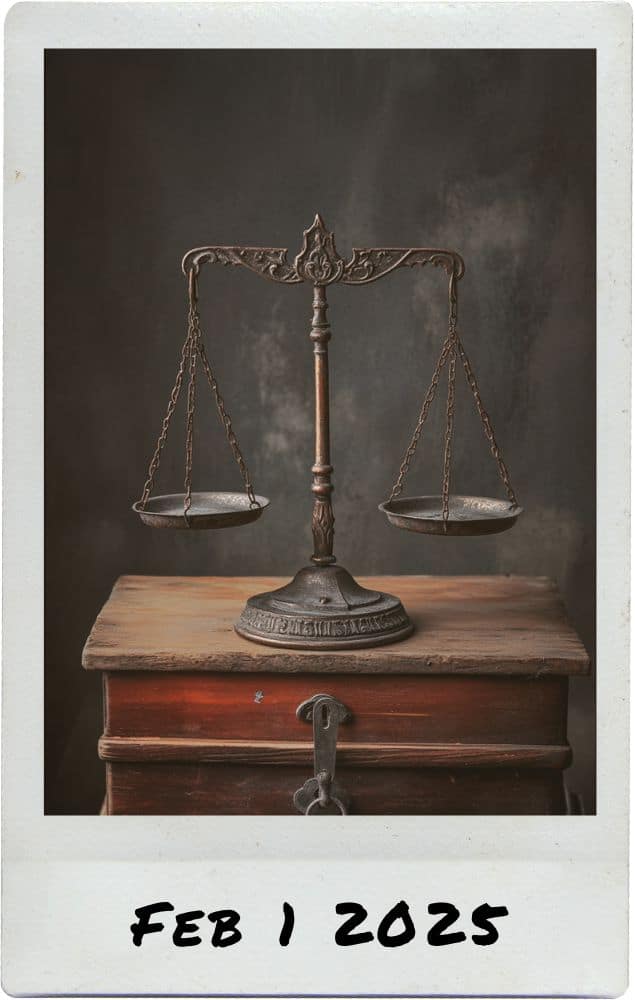The Weight of Empathy
Empathy is often spoken of as a gift, a sacred ability to feel the emotions of others as if they were one’s own. But true empathy is more than just an unchecked flood of feeling—it is discernment, wisdom, and balance. In today’s world, many are eager to label themselves as empaths, believing it sets them apart as uniquely sensitive, enlightened souls. But true empathy is not merely the ability to feel; it is the wisdom to know when to act, when to shield oneself, and when to see beyond emotion into the heart of truth. Empathy without direction can be a curse, a chain that binds rather than liberates.
Some wear the title of empath like armor, yet find themselves easily swayed, manipulated by those who understand that emotion, when untethered from reason, can be a tool for control. Others become victims of their own openness, absorbing the energy of a room but unable to separate it from their own soul, I know I have. Instead of wielding empathy as a force for truth, they drown in it, mistaking chaos for connection. There are those who call themselves empaths but live as vessels for the emotions of others, absorbing without discernment, mistaking their own turmoil for a gift. They are easily swayed, not because they feel too much, but because they have not yet learned to see through the veil of feeling to the deeper currents beneath. It’s hard. Emotions, after all, are powerful—but they are also fickle, easily manipulated, and, when unchecked, can lead one further from understanding rather than toward it.
True empathy is not selective. It does not decide who is worthy based on biased alignment, social status, or popular narratives. And yet, many of those who call themselves empaths will extend their compassion only when it is convenient—offering tears for some while hardening their hearts toward others. The irony is that those they reject often hold a deeper, more painful understanding of their blindness. It’s not about drowning in the sorrow of the world, nor is it about choosing whose suffering is worthy of acknowledgment. It is the ability to hold space for all truths, even the ones that unsettle, even the ones that contradict our own beliefs. But many mistake selective compassion for enlightenment, offering their hearts only where it serves their identity, withdrawing it when faced with discomfort.
To be truly empathetic is not to be consumed by emotion, nor to wield it as a weapon, but to see clearly within all perspectives not selective—to feel deeply while standing firm in truth. Empathy must be paired with logic, with resilience, with the ability to recognize when emotions are being used as shackles rather than as a bridge to understanding. Without this balance or boundary, one is not an empath, but a pawn.

